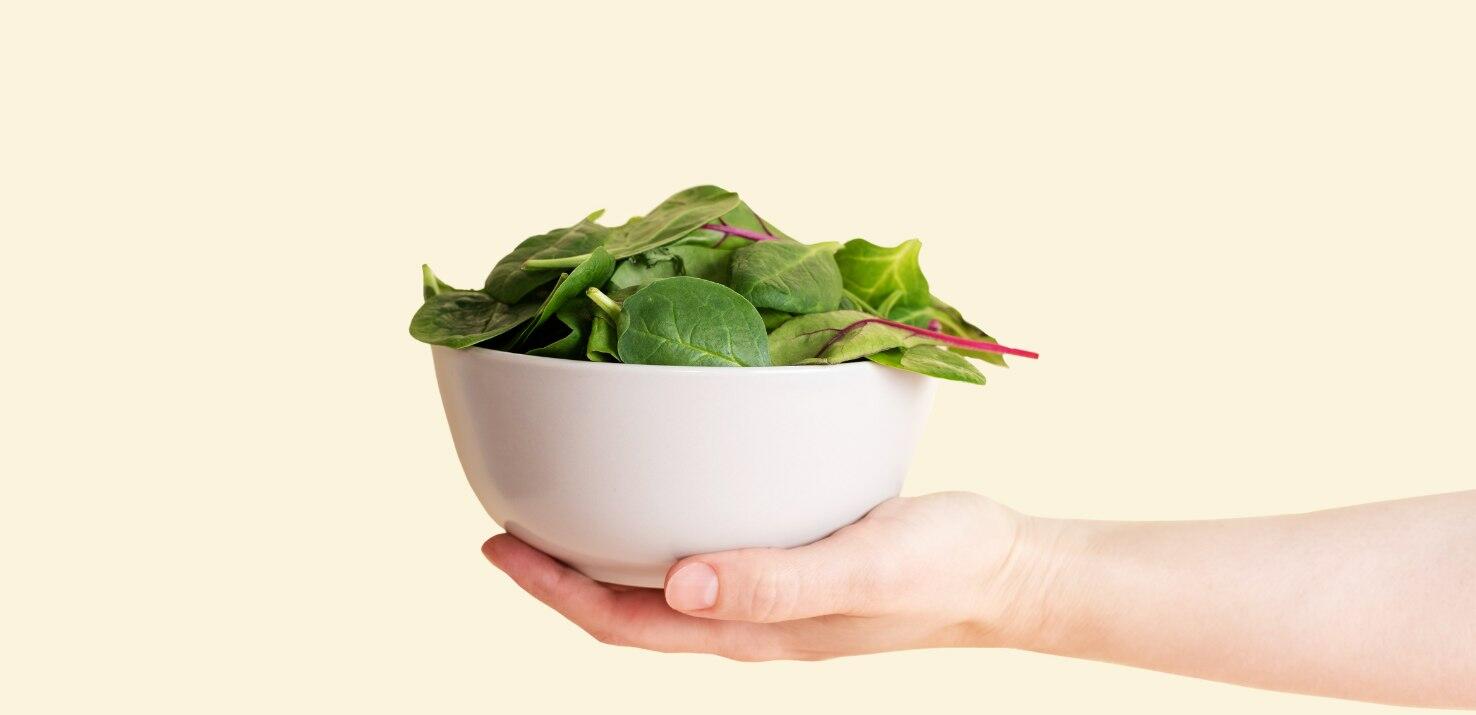Role of Antioxidants in Immune and Metabolic Health
Title
What Are Antioxidants and How Do They Work?
Antioxidants and Immune Health
Antioxidants and Metabolic Health
Key Antioxidant Sources for Immune and Metabolic Health
Integrating Antioxidants into Your Daily Routine
Support Your Immune and Metabolic Health with the Right Supplements
Title




